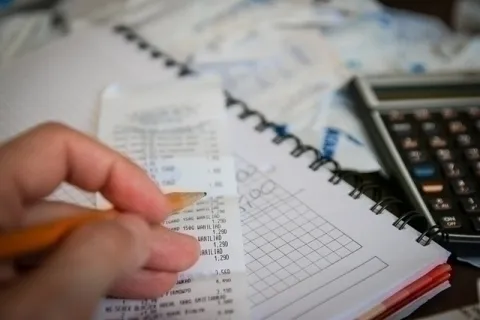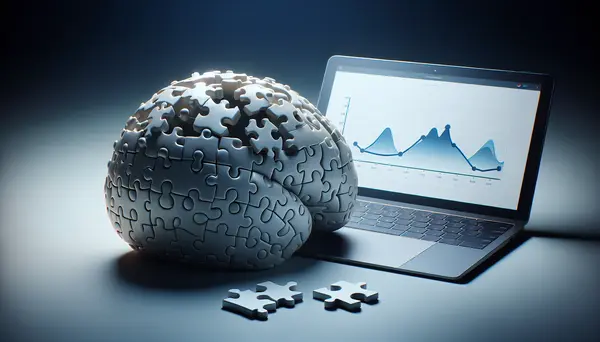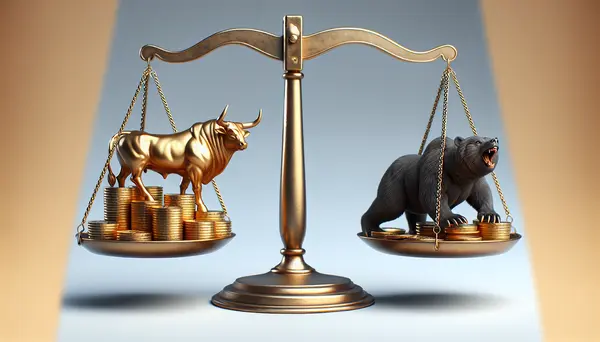- My formal education in finance provided a strong foundation in understanding market dynamics and financial instruments.
- Statistics courses helped me to analyze market trends and make data-driven trading decisions.
- Psychology classes offered insights into behavioral finance which is crucial for mastering emotional discipline in trading.
So, gotta ask, how exactly did your formal education set you up for your trading career? Did it lay down the groundwork with useful tools and insights, or was it mostly stuff you learned on the job? Pretty curious about how others found their path into the trading world.
It's interesting to note how careers diverge, isn't it? Some people find their formal education vital to their trading career, while others might say it was all learnt in the trenches of the trading floor. I'd love to hear more about how each path shaped your approach to trading.
Throwing my two cents into the ring here - isn't it wild how some people's school studies have zilch to do with their trading career? Kind of like studying to be a professional pianist and then ending up as a zookeeper, right? I know it's apples and oranges but it does make you wonder how the school of life stacks up against the university of hard knocks in the trading world, doesn't it?
Something that might be worth considering is how transferable skills from formal education can influence your trading career. Maybe you didn't study finance or economics, but what about problem-solving skills or analytical thinking? These can be precisely the kind of skills that give you an edge in trading. Sometimes, it's also about how you apply what you've learned, rather than what you were directly taught. What do you guys think about this perspective? Have you seen this playing out in your own trading strategies?
Just throwing it out there, but has anyone found that lessons from completely unrelated fields have surprisingly come in handy in trading? Like, maybe your in-depth knowledge of 18th-century literature hasn't had a direct impact, but the critical thinking and fast reading skills you developed sure come in handy when analysing market trends. Curious to know if anyone else has experienced something similar?
I've got an unconventional take on this. Have you folks ever considered how your school gym class prepared you for the trading floor? Stick with me here - you're learning about strategy, working under pressure, sometimes getting hit in the face (with a dodgeball in gym, with a market drop in trading). Both situations are about agility, quick decisions and rolling with the punches. So maybe the road from formal education to successful trading wasn't in the classroom, but in those sweat-stained gymnasiums. Any takers on this theory?
Alright, folks, here's a little food for thought. Have you ever thought that maybe it's not the formal knowledge, but the learning process itself that prepares you for trading? Let's think about this. During our formal education, we learn how to absorb vast amounts of information and how to focus on complicated subjects. We also learn how to self-discipline ourselves to meet deadlines and goals.
These abilities can actually translate very well into trading strategies, can't they? For example, you need to read and understand complex market data, you need to discipline yourself to stick to your strategies even when things get tough, and you need to focus your attention on multiple markets and assets at the same time.
Perhaps it's not the content of our education that’s critical, but the cognitive abilities and self-discipline we acquire during those formative years. It's less about the 'what' and more about the 'how', if you see where I'm going with this. Any thoughts?
Absolutely! Sometimes it's the so-called 'soft skills' from our education that prove to be the most valuable in a trading career. Perhaps it's less about the specific knowledge we've acquired and more about all those little ways we learned how to learn. And let's not forget about the resilience we built up from handling failure and bouncing back - because let's face it, trading is full of highs and lows. So here's to all those late-night cramming sessions and nerve-wracking exams that shaped us into the traders we are today!
Definitely, resilience is key! And hey, all those group projects we dreaded? They taught us collaboration and communication - critical when you're in a team making split-second market decisions. Plus, navigating group dynamics is a lot like sensing market sentiment, don't you think?
Definitely keep an eye on how emotional intelligence gained from group activities and peer interactions during your educational years can come into play. It's crucial when managing the psychological aspects of trading and making judgment calls under pressure.
- How do I deal with the fear of missing profits, or FOMP? 3
- Can you explain the concept of slippage in trading? 1
- How does seasonality impact market analysis? 4
- What is a securities' yield and how can it be analyzed? 5
- How do I use price charts for market analysis? 3
- Can anyone explain the principle of contrarian investing? 4
- Can you explain the concept of scalping in trading? 3
- How can I calculate the risk-reward ratio in my trades? 2
- Can you explain the concept of supply and demand analysis? 12
- How do you cope with a series of unsuccessful trades? 10
- How do you navigate the regulations surrounding short selling? 318
- What are Forex trading and its basics? 290
- How do you manage stress during volatile market conditions? 216
- How does a stop-loss order work in trading? 205
- What tax implications should I consider when trading? 199
- What are the best platforms for online trading? 191
- What's the difference between day trading and long-term investing? 188
- What is swing trading and how is it different from day trading? 185
- How do you avoid letting past trading successes or failures impact your future decisions? 180
- Can you explain the concept of short selling in trading? 178

We have compared the best crypto exchanges for you. Just take a look at our free crypto exchange provider comparison.

We have compared the leading crypto tax tool providers for you. Check out our free crypto tax tool provider comparison.
Blog Posts | Current

The 5 most common mistakes made by crypto traders
The 5 most common mistakes made by crypto traders Crypto trading is becoming increasingly popular, but there is great potential to...

Don't Fall for the Hype: The Risks of Using Trading Bots
As a beginner trader, you may have come across the idea of using trading bots to automate your trading and...

Breaking Down the Buzzword: What is a Trading Bloc?
Are you familiar with the term "trading bloc"? It may sound complicated, but it's actually a concept that can have...

The Trader's Dilemma: Dealing with Losses in Trading
As a trader, losses are an inevitable part of the game. Even the most successful traders will experience losing trades...

From Chaos to Consistency: Why a Trading Setup is Key to Success
Trading is an exciting and rewarding way to make money, but it can also be overwhelming for beginners. One of...

Maximizing Returns: The Importance of Rebalancing Your Portfolio
Rebalancing your portfolio is an important part of any long-term investment strategy. It involves periodically adjusting your portfolio's asset allocation...

Mastering Your Mindset: The Key to Successful Trading Psychology
As a trader, your success in the markets depends not only on your technical skills and market knowledge, but also...

Automating Your Trades: The Power of Trading Algorithms
As an avid trader, you've probably heard the buzz around trading algorithms. But what are they, and how can they...

Different Cost Average Trading Strategies
Cost Average Trading is one of the most popular trading strategies used by investors to minimize their risk and maximize...

Protect Your Capital with Effective Risk Management in Trading
Risk Management As a beginner trader, you're likely eager to dive into the markets and start making some profits. However, before...
